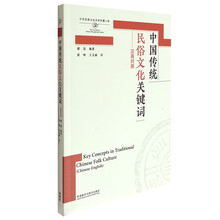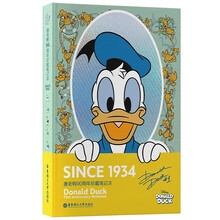"If these studies," he continues, "be such as give a direct play andexercise to the faculty of the judgment, then they are the true basis ofeducation for the active and inventive powers, whether destined fora profession or any other use. Miscellaneous as the assemblage mayappear, of history, eloquence, poetry, ethics, etc., blended together,they will all conspire in an union of effect. They are necessarymutually to explain and interpret each other. The knowledge derivedfrom them all will amalgamate, and the habits of a mind versedand practised in them by turns will join to produce a richer vein ofthought and of more general and practical application than could beobtained of any single one, as the fusion of the metals into Corinthianbrass gave the artist his most ductile and perfect material. Might weventure to imitate an author (whom indeed it is much safer to takeas an authority than to attempt to copy), Lord Bacon, in some of hisconcise illustrations of the comparative utility of the different studies,we should say that history would give fulness, moral philosophystrength, and poetry elevation to the understanding. Such in reality isthe natural force and tendency of the studies; but there are few mindssusceptible enough to derive from them any sort of virtue adequate tothose high expressions. We must be contented therefore to lower ourpanegyric to this, that a person cannot avoid receivng some infusionand tincture, at least, of those several qualities, from that course ofdiversified reading. One thing is unquestionable, that the elements ofgeneral reason are not to be found fully and truly expressed in any onekind of study; and that he who would wish to know her idiom, mustread it in many books.
"If different studies are useful for aiding, they are still moreuseful for correcting each other; for as they have their particularmerits severally, so they have their defects, and the most extensiveacquaintance with one can produce only an intellect either too flashyor too jejune, or infected with some other fault of confined reading.History, for example, shows things as they are, that is, the morals andinterests of men disfigured and perverted by all their imperfections ofpassion, folly, and ambition; philosophy strips the picture too much;poetry adorns it too much; the concentrated lights of the three correctthe false peculiar colouring of each, and show us the truth. The rightmode of thinking upon it is to be had from them taken all together,as every one must know who has seen their united contributionsof thought and feeling expressed in the masculine sentiment of ourimmortal statesman, Mr. Burke, whose eloquence is inferior only tohis more admirable wisdom, If any mind improved like his, is to beour instructor, we must go to the fountain head of things as he did,and study not his works but his method; by the one we may becomefeeble imitators, by the other arrive at some ability of our own. But,as all biography assures us, he, and every other able thinker, has beenformed, not by a parsimonious admeasurement of studies to some definite future object (which is Mr. Edgeworth's maxim), but by takinga wide and liberal compass, and thinking a great deal on many subjectswith no better end in view than because the exercise was one which made them more rational and intelligent beings."
……
展开











“我要说,如果我们要改进心智,首先必须上升到一定的高度。在同一水平上,我们不可能获得真正的知识。我们必须概括、总结方法,我们必须掌握种种原则,并借助这些把我们所获得的东西进行分类,使之成形。”
——约翰·亨利·纽曼